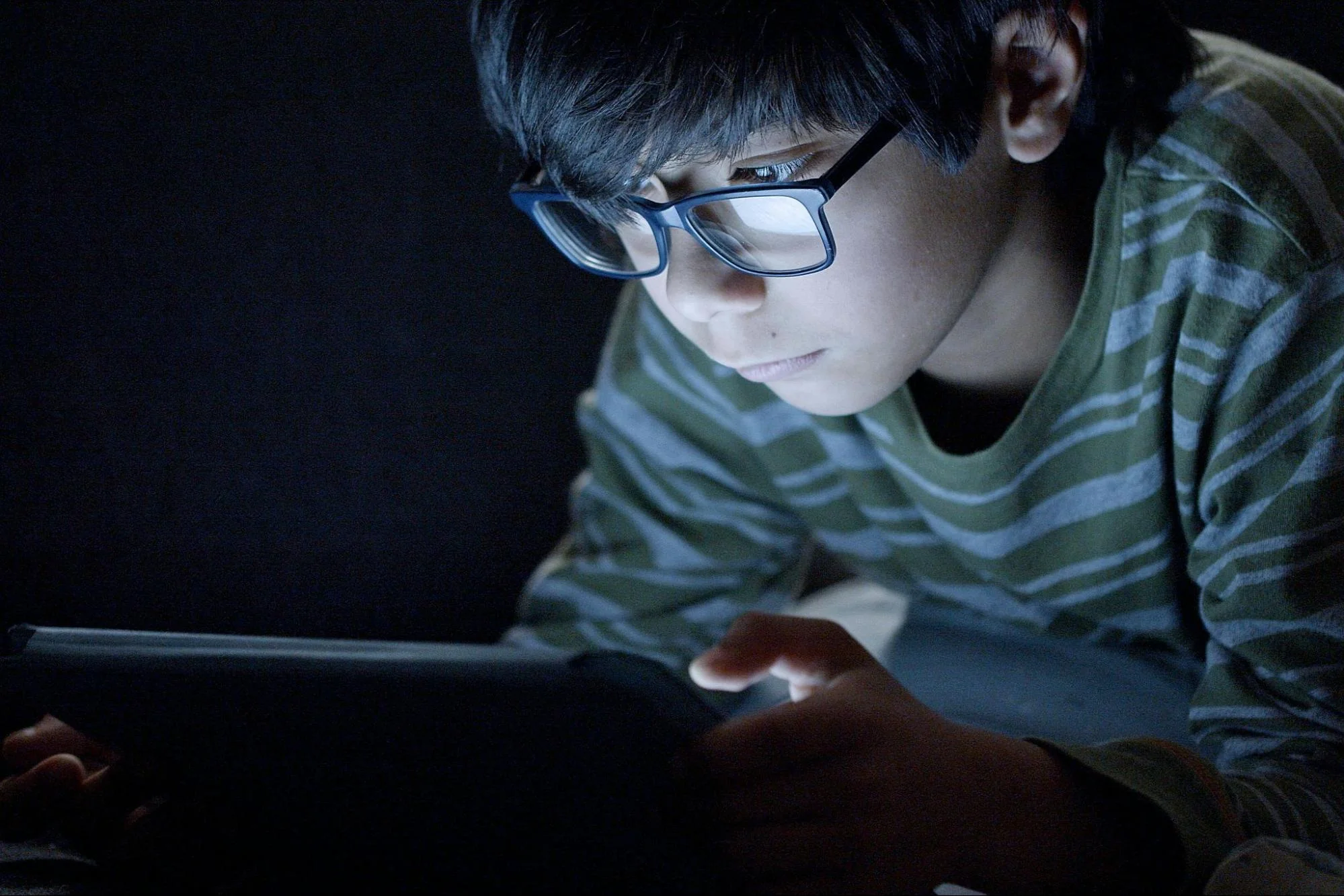Update: This article was last updated on 22nd February 2024 to reflect the accuracy and up-to-date information on the page.

The teenage years are among the most challenging phases for both teens and their parents. Teens usually start to face a lot of new pressures and can sometimes react in unhealthy ways when they encounter a problem.
Some struggles teenagers face are a normal part of growing up, dealing with peer groups, changing identities, interests, and mood swings.
It is not easy for parents to be perfect caregivers for their teenage kids, says a report.
When dealing with teens and their difficulties, parents and guardians are often advised to be patient. But what should they do? Here are important tips on counseling for teenagers for both parents and counsellors:
Recommended Reading : 50 OPEN-ENDED QUESTIONS TO ASK TEENS AND GET THEM TALKING

1. Lend Your Ears
Sharing some words of wisdom may not always work. If teenagers are seeking some counseling, it means they want to be heard by someone. So, most importantly a counselor must lend an ear to the patient and allow them to talk and express themselves in the best way they can. The very feeling of being heard and understood by someone gives them a sense of satisfaction. Don’t attempt to share your opinion without listening to them first.

2. Do Not Judge
Another important tip on counseling for teenagers is that one must not be judgmental. Teens tend to cocoon themselves in their world of thoughts and beliefs that can sometimes be different from reality; they are probably not comfortable enough to share their ideologies with their parents.
When you get a chance, allow them to open up, without being judgmental in any way. Any inclination to be judged by someone would lead them to shut down again.

3. Relate to Situation
Every individual is different and so is every case study. Hence, as a counselor, it may not be wise to tag each case with prior experience. That may rather jeopardize the process. However, whether you do or not, it is always a good practice to say that you can almost relate to the teenagers’ specific problems as you might have gone through a similar situation once. Some of them may wish to know more about that situation and want to put themselves into it. In case they don’t show any interest in knowing your story do not talk about it.

4. Dig into the Psyche
Try to gauge the mental state of the young ones within the first few sessions. You should be able to understand the nature of the situation, as in whether it is dramatic or serious or casual, etc. Generally, the psyche of teenagers is grey – a mixture of black and white. Understanding the right aptitude helps is rendering the right professional help.
When faced with a problem, teenagers tend to have their conceptions about the consequences. Hence, rather than offering a solution, it is good to try to pacify them by asking questions like, is it so bad? Do you think it will always be like this? Such questions help teens to figure out probable solutions all by themselves.

5. Small chats are important
It is crucial for parents to discover little topics of conversation to engage with teenagers. It will be helpful to know their schedules, interests, and current circumstances. They will feel more connected and opposition will be less as a result. You’ll have conversation starters that go beyond their issues.
Teen counseling is not as difficult as it seems. Teen counseling is something you can do, as long as you know what to do and what not to.
While dealing with teens, one must keep in mind that they seek respect and that should be given in abundance to them in every way. It is very important to read their likes, dislikes, preferences, and aptitudes. Once you know these fully well, you will be able to make them realize their abilities, guide them towards a positive frontline of activities, make them shoulder responsibilities, and lead a disciplined life.
Try to understand how teenagers interpret their family situation, background, and environment. You can use teen counseling tips to find answers.
Having said all, just remember, that counseling doesn’t mean teaching. It’s just a way of helping or guiding teens in the right direction.
Looking for a comprehensive parenting guide to ensure you are on the right track? Explore a wealth of parenting wisdom and educational insights in Moonpreneur’s blogs. Additionally, you can join our programs that nurture the next generation of innovators. Book a free trial now!


























What happens if my kid rejects therapy?
Take a gentle approach to the subject and highlight how therapy is nonjudgmental. To give further assistance if resistance continues, speak with a dependable teacher, school counselor, or family physician.
Are there any resources where teens may get anonymous counseling?
Numerous organizations provide kids with anonymous access to therapy through helplines, chat services, and internet platforms. These resources are excellent sources of help and value privacy.
What is the average duration of teen counseling?
Depending on what each person requires, the duration varies. While some people could benefit from short-term support, others might need continuous assistance. The approach is guided by regular assessments.